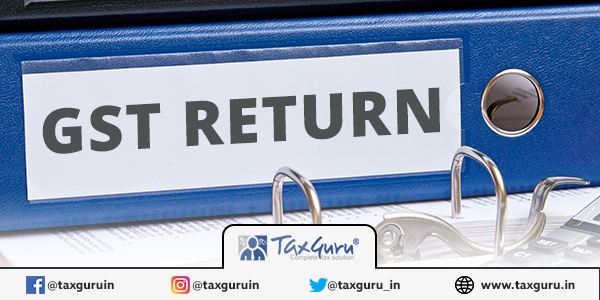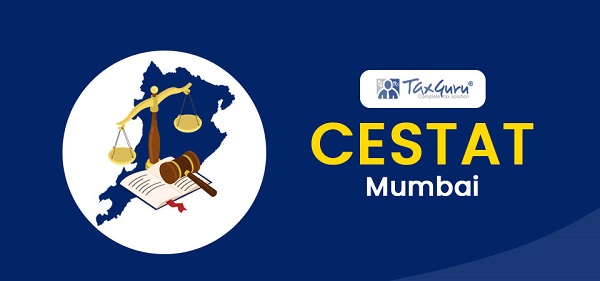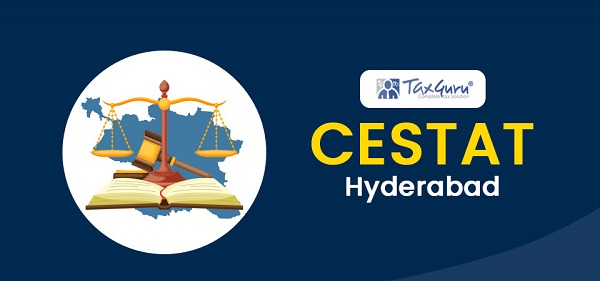As we all are presently undergoing or preparing for the GST audit by CA, we all want to ensure the smooth completion of the audit. Through this blog, we would like to bring out certain tips to ensure timely completion of the GST audit by CA and to avoid future GST litigations. We often hear a lot of practical difficulties from our clients especially about excess compliance, technical glitches, and interpretative ambiguity in GST law even after three years of its enforcement and need to support them thru GST litigation services, our focus is to avoid litigation at the first place itself.
Monthly GST Returns, maintenance of supporting documents, replying to queries raised by GST authorities, and filing of quarterly and annual returns under GST law is a whole lot of compliance to be done by a taxpayer. As part of our awareness initiative, here are a few tips and brief information about GST annual returns.
As you may be aware that GST authorities have relaxed certain requirements in GSTR-9 and GSTR-9C for the year 2017-18 and 2018-19, it is not sure whether these relaxations will continue for the next year as well especially for 2020-21 which is presently going on. The link to the notification relaxing the disclosure requirements in GST audit for the year 2017-18 and 2018-19 is as below:
The basic purpose of annual GST return is that a taxpayer fulfills his compliance verifications program of tax administration and most of the work for GST authorities is done thru this GST audit by CA. Some of the useful tips for smooth completion of GST audit by CA is as below:
1. Planning meeting with GST auditors
We have often faced this difficulty when clients come to us for filing of Annual GST returns. They fail to produce relevant information and documents as they have not maintained the same while doing the transaction. The taxpayers are hereby advised to have a pre-meeting with the GST auditors to have a proper understanding of the requirements of the GST audit by CA. Prior meetings with GST auditors will help a taxpayer to understand and prepare the data as per the requirements.
The data required to file in annual return needs to be captured by the accounting/recording system properly to avoid any complication in the GST audit by CA and also GST litigation. It becomes extremely difficult to re-create / re-capture the data while completing the annual return if not done at the time of recording.
2. Proper accounting and reporting software’s
We have often seen that there is no option available in the accounting/billing software used to capture the information required for filing annual returns. So, one should revisit their IT system/accounting packages to ensure that the software should be upgraded as per the changing need of the hour. This could cost a bit to have your systems upgraded but in the long run, this saves cost by saving staff time in unproductive activities. In case the systems are still not upgraded, this should be done without any second thought as authorities will also enforce the law strictly as time passes by.
3. Segregation of ITC invoices matching with GSTR-2A
As the GST works on matching principle, it would be best if you segregate the purchase invoices that match with the invoices appearing in the GSTR-2A with those not appearing in GSTR-2A. All those invoices which are matching with GSTR-2A get auto validated and thus auditors may rely on the same without having a look at physical document thus saving a lot of time.
Further, if we keep on doing GSTR-2A reconciliation on a timely basis, we can also keep a check on the quality of vendors with whom we are dealing with. For this, the taxpayers with lesser transactions can use excel sheets to do the reconciliation, however, taxpayers with large transactions may need the help of some software to complete the reconciliation part.
This costs the taxpayers a bit but given that this may have an impact on the direct cash flows by saving the ITC not being taken by the Company and re-negotiating payment terms with defaulting vendors this cost is worth it.
Although, it is not mandatory to claim ITC as per GSTR-2A as this is not a pre-condition as per Section 16 of the CGST Act, 2017, however, the same is still suggested to save time. The Taxpayer can claim ITC as per the available invoices and fulfilling other conditions of Section 16 of the CGST Act, 2017. The requirement for matching with GSTR-2A is not there for the year 2017-18, 2018-19 and also from April 2019 to September 2019, there are various judicial pronouncements in favor of taxpayers in this regard.
4. Inter-company transactions
Taxpayers need to take care of those transactions that haven’t been accounted for within the books but subject to GST just like the transfer of stocks between units of an equivalent company free of cost. The inter-company transactions are the one which is seen with more vigilant eyes by any auditor. As these transactions are revenue neutral to the taxpayers, there should be no problem in paying taxes on these transactions. However, if found later on by the GST authorities or the GST auditor, these will attract interest and penalty.
We have seen many Advance rulings even specifying that head office salaries should be cross charges to the respective locations as they are providing services across locations. Thus, Companies with multi-locations should consider this while closing their quarterly or monthly accounts. These transactions are revenue neutral for the companies, however, may have an impact on business unit/cost center profitability.
5. Timely reconciliation of ITC with books of account
It is seen in most of the cases, that the taxpayers don’t have any problem in the reconciliation of the sales as per books viz a viz sales as per GST returns. The challenges faced by the taxpayers are mainly related to the reconciliation of ITC. First, the data of ITC needs to be bifurcated into various categories like inputs, capital goods, and input services. Further, ITC also needs to be categorized as RCM, regular, Imports, ISD, etc.
It is advised to record the HSN codes of all the inward supplies while recording the transaction as this becomes a humongous task to complete at the year-end. Although this requirement has been relaxed for the year 2017-18 and 2018-19 but going forward this relaxation might not be available.
Thus, the reconciliation of ITC becomes one of the most tedious tasks for any taxpayer and so this activity should be done periodically to avoid last-minute hassles.
6. GSTIN wise trial balance
One of the requirements of the GST audit by a CA is to have GSTIN wise trial balance for a company with registration in various states. It is normally seen that this is not possible for any company to have GSTIN wise trial balance. In such a case, it becomes difficult for the auditors as well as the Company to fulfill the requirement of the law. This requirement is also not practically possible as the companies though have registrations in different states, have a common bank account, common debtors, and creditors.
However, having said that, such companies are advised to use cost centers/ profit centers to record their profit and loss transactions so that a separate detail of income and expenditure can be given. The auditor can add a suitable comment in the audit report concerning the above. Further, the Companies need to ensure that at the time of recording a purchase or sale transaction, the cost center/profit center has been correctly selected to have the correct information available for audit.
We hope the blog was informative and helpful for you. Kindly, contact us for any queries and updates on any matter about GST laws.
https://pgaca.in/contact-us/

























Thank you so much sir
Thanks for sharind such an informative article in an easy language…. 🙂
Whether adjustment related to 18-19 I will show in 2019-20 returns.
If Not???
Than what’s last date till I should make adjustments